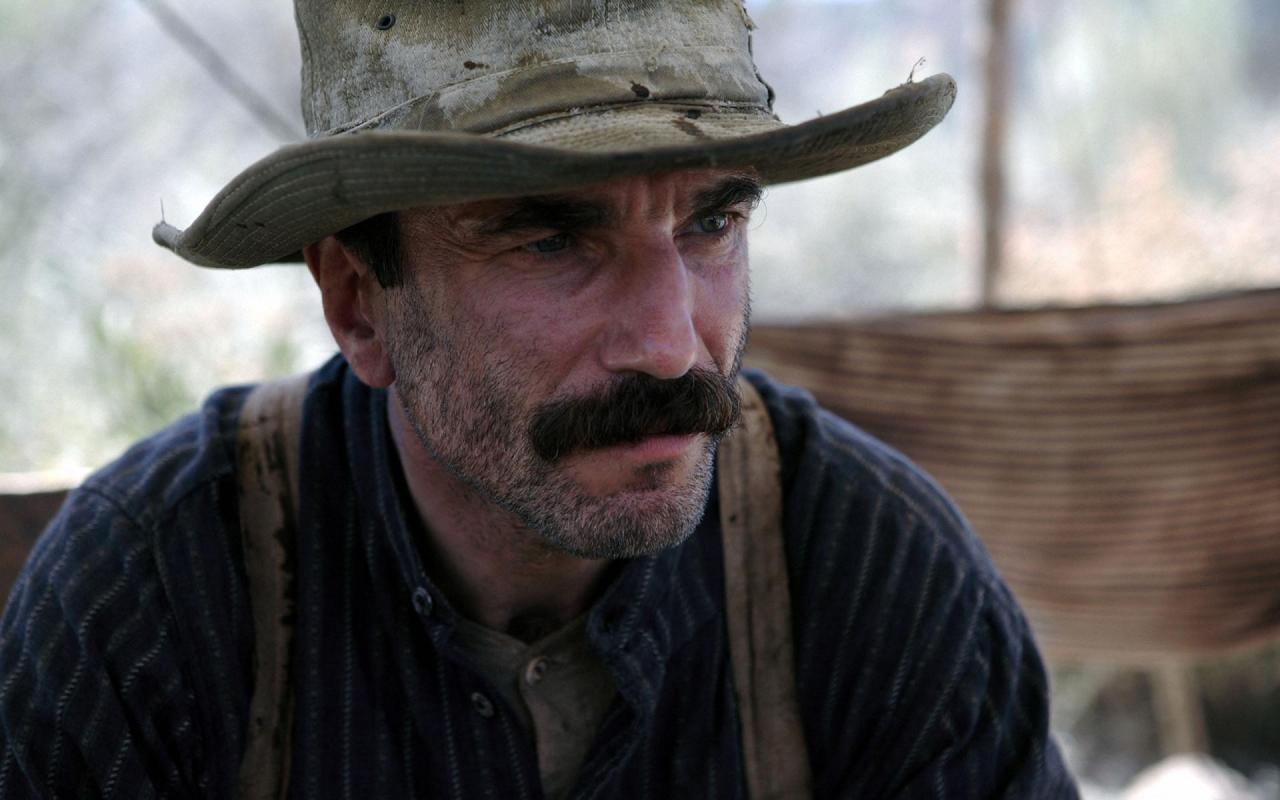
Since the nation’s independence, the American Dream has represented the hopes and aspirations of millions of people. America has opened their doors to millions of immigrants from around the world: Irish, Italian, Scandinavian, German, Chinese, Korean, Vietnamese, Latino, Arabic, Russian. All came in search of the promise of a better life.
Some came looking for fame and fortune, hoping to achieve success in business, entertainment, politics or innovation, others simply wanted a home to raise their family and live their lives in comfort and style and some hoped to escapes lives of violence, poverty, famine and persecution. To them, America represented the new world, a world free of the social limitations, religious persecution and class disparity that defined the old world.
However, the American Dream is not without it’s dark side.
Apart from the growing perception that it is out of reach for the lower and slowly shrinking middle class, the American Dream has also inspired behaviour and actions that, to most, are reprehensible. But, to these individuals, these actions are acceptable in their pursuit of the American Dream. Murder, kidnapping, theft and fraud – all in the pursuit of happiness in the land of opportunity.
These 20 films portray the darkness inherent in the American Dream as it drives characters to commit heinous crimes, destroy themselves physically and emotionally, repress hidden desires and rebel against the status quo.
20. War Dogs (2016)
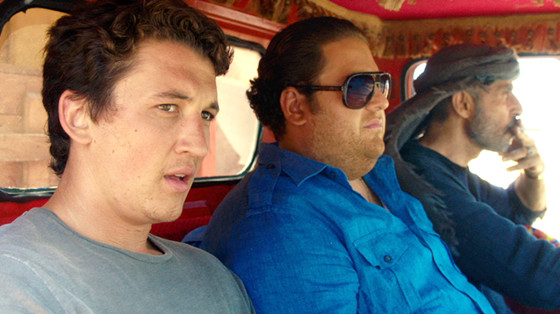
The most recent edition to the canon of the American Dream, War Dogs is a look back at Cheney’s America: an era of war, poverty and traditional values. For some, the era represented an opportunity, one that was promptly grabbed by Efraim Diveroli (Jonah Hill) and close friend David Packouz (Miler Teller).
Taking advantage of the open contracts sold by the government to arms dealers, both start their career with small deals, such as handguns, before deciding to try and arm the entire Afghan National Army.
War Dogs follows the same story arc as many American Dream films: ordinary person offered or seizes great opportunity, lives the high life before leading to a dramatic downfall due to pride or greed. Protagonist and narrator David is drawn into the dark world of arms dealing, eager to escape is mundane life and provide for his family. Efraim, however, literally personifies the worst of America: big, loud and obnoxious (the kind of person to push to the front of a line because he ‘is American’).
What makes this story so crazy is despite their less than reputable business practices and harmful merchandise, what these boys did was not only legal, it was encouraged by the US government. What makes this story so tragic though is the true meaning of friendship in this world.
Efraim discusses rewatching Scarface, reminding him of his childhood with David, apologising for all they have been through. David confronts him about whether he is being genuine or if he is lying again, Efraim cannot contain his contempt, “Scarface wasn’t even on last night”. This is one of the darkest aspects of the American Dream: there are no friends, it is every man for himself.
19. Revolutionary Road (2008)
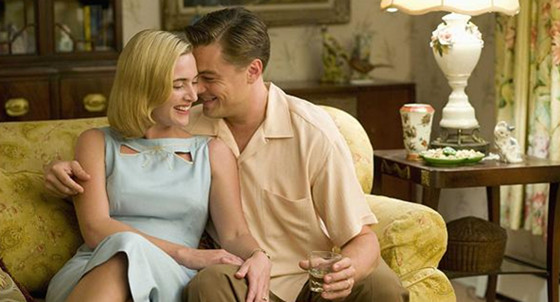
The American Dream has many recurring images. The most common is that of American suburbia: a two story house, white picket fence, two cars, green lawn, friendly neighbours and two to three children. Revolutionary Road portrays the dark side to this dream
Despite being the perfect couple to their neighbours, Frank and April Wheeler both hold a deep and lingering resentment towards each other and the lives they have found themselves trapped in. April is a failed actress while Frank wants to escape his droll working life. The pair decide to try a fresh start in Paris and, from there, thing go fatally wrong.
Wounds are opened as April falls pregnant and considers an abortion, telling an outraged Frank they only had a second child to prove the first was not a mistake. Eventually, the weak family structure collapses under the strain of infidelity, abortion and spousal abuse. All that is left in the aftermath is the house and the neighbours, all of whom talk about the Wheelers like a cautionary tale, a warning for anyone thinking out of breaking out of suburbia.
18. Gone Girl (2014)
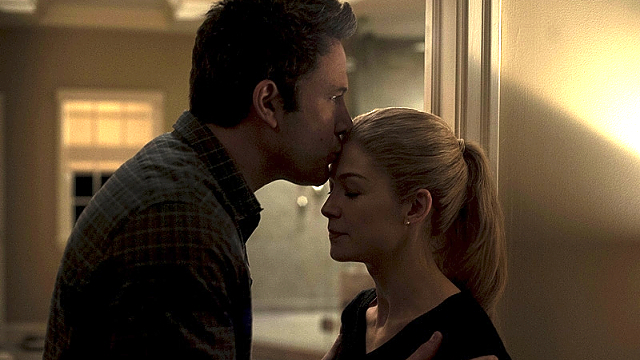
Author Gillian Flynn spent nearly 15 years as a television critic and entertainment reporter before being laid off following the global financial crisis. While she found success as an author and eventually a screenwriter, her story was just one of many, and most of them did not have a happy ending. The same could be said for Gone Girl protagonists Nick and Amy Dunne.
Both are successful writers living in New York City before the recession forces them to move back to Nick’s hometown in North Carolina. Amy hates it there and Nick has become distant and cold to his wife. On their fifth anniversary, Amy goes missing and Nick immediately becomes the chief suspect with the media, police and public all turning against him.
While the film does touch onto the economic woes felt within America (seen with the homeless commune within the old shopping mall), the film primarily examines the war inherent within marriage. At one point, Amy rages against the concept of being the ‘cool girl’, the girl who will drink beer or watch sports to impress guys.
In the end, the pair put on a happy face and announce to the media that they are expecting a baby as we watch horrified, knowing the truth behind their relationship. Nick now knew the truly evil person his wife is but he decides to stay anyway, giving the media and Amy the perfect husband that the American Dream promises.
17. They Live (1988)
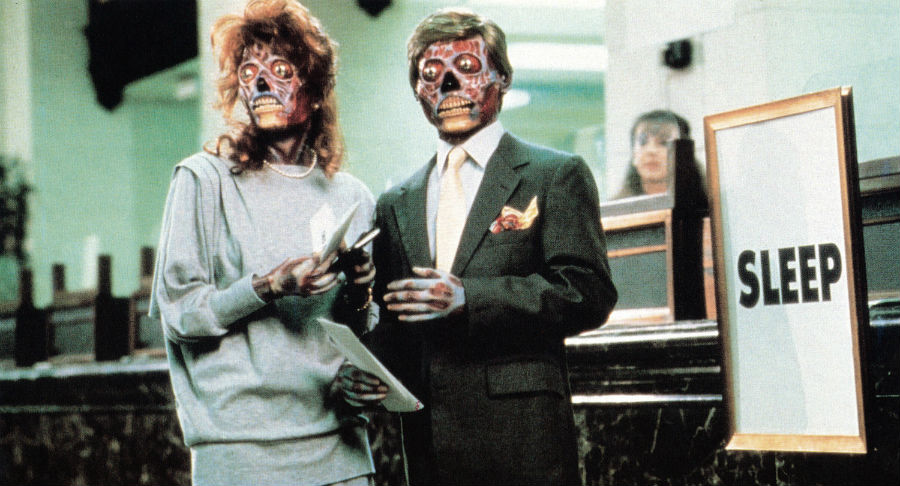
Welcome to Reagan’s America. That is Reagan’s presidency according to cult filmmaker and horror aficionado John Carpenter. No, the film is not suggesting that, under President Reagan, America has been taken over by aliens hiding in plain sight as influential figures. Instead, the film takes aim at the consumerist society taking hold of America, one where mass advertising is constantly streamed at society encouraging them to consume. Less 1984, more Brave New World.
When drifter John Nada (Roddy Piper) discovers a pair of glasses that reduce the colours of the world and reveal that aliens are impersonating the powerful and advertising is spreading subliminal messages encouraging conformism, consumerism and obedience. While the evils of the mass media and advertising are not new themes (after all, it helped win a presidential election), They Live was one of the first films to tackle this topic in an era with colours televisions and a more conformist society.
Unlike most Dystopian fiction, which follows Orwell’s model, They Live depicts the society of Aldous Huxley’s Brave New World. Less Fascism and more Fordism: mass-production, consumption and predictability. Think fascism but with a smiling spokeswoman on your TV telling you to buy toothpaste. Carpenter is clearly emulating Nada, telling America to wake up and “wear these glasses, or start eating that trash can”.
16. Wall Street (1987)
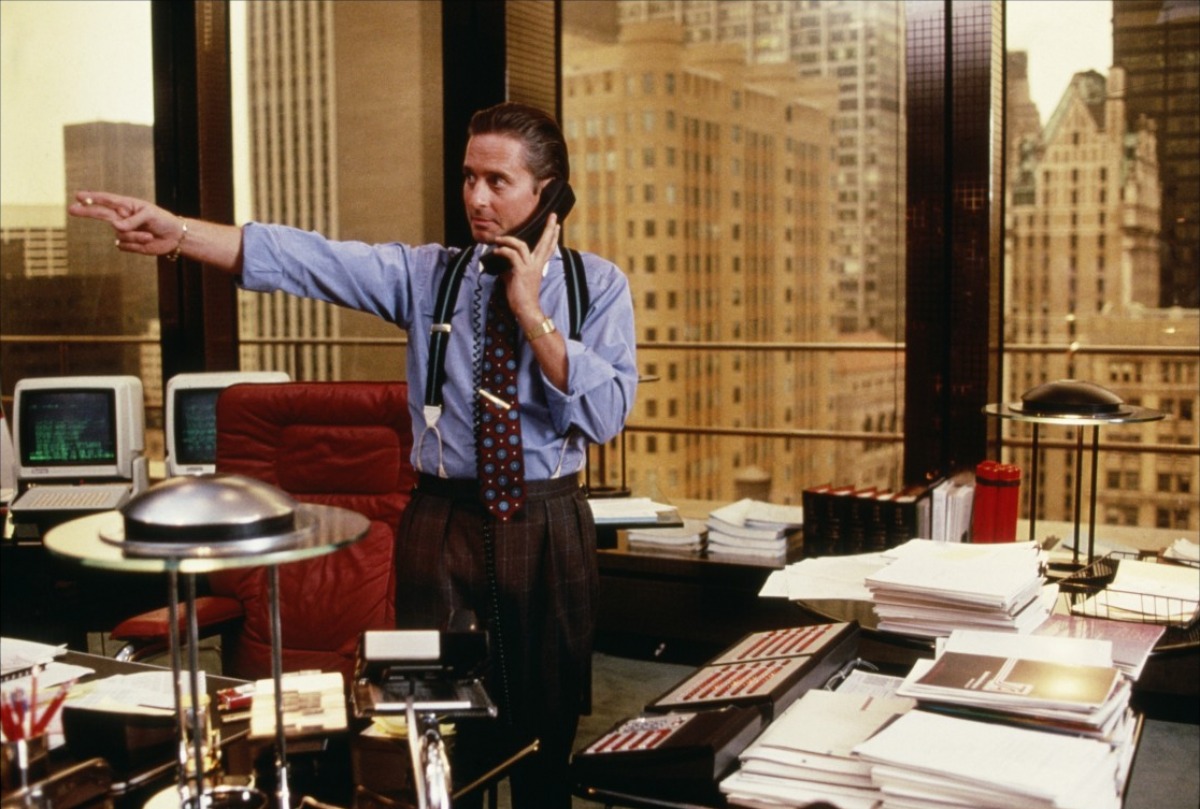
It would be another 20 years before the economy crashed, sending the Western world into a free fall. In the aftermath, America’s perception of Wall Street and stockbrokers has nose-dived. However, in the 1980s, American confidence was at an all time high and director Oliver Stone, having just criticised America’s foreign police in Salvador and Platoon, was ready to turn his gaze back home.
The film follows the traditional rags to riches story: Bud Fox (Charlie Sheen), a junior stockbroker from humble beginnings, falls under the reigns of Gordon Gecko, a legend on Wall Street, who teaches him to succeed, whatever the cost. Soon, Bud’s guilt catches up to him and he must choose between success and his conscience.
It is clear that this film is Stone’s middle finger to Reaganomics, and the concepts of ‘trickled down economics’, so it must have been infuriating when the key thing taken away from this film was ‘Greed is good’. Is it? Clearly not. While Gecko has amassed great wealth, power and influence, it will rob him of everyone around him.
As for Bud, this is the story about his American Dream. Does he embrace the power and wealth that is encouraged in 1980’s America, or does he embrace his roots? His friends, family and working class background, loyal to his fellow workers. The film is not just a morality tale of one man, it is a Dostoevsky-esque examination of the American Dream.
15. Foxcatcher (2014)
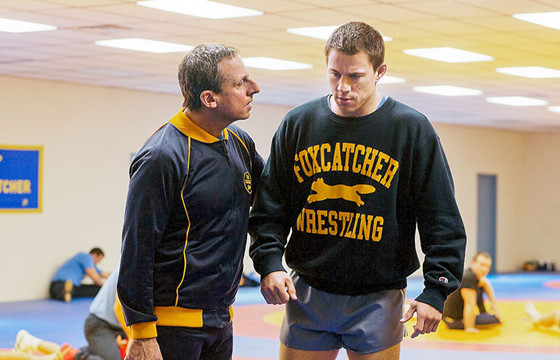
America loves a winner and hates a loser. This simple philosophy has been applied to everything including war, business and sport. Sports films have been a favourite genre in cinema history. The underdog team uniting under a coach or a key player, deliver a inspirational speech and win the championship. Sure there is a dark side to sport: drugs, alcohol, bureaucracy and toxic individuals, but even that cannot ruin the spirit of sports. The beauty of competition and the joy of victory.
Not in the case of Foxcatcher.
Based on the true story of the murder of Dave Schultz (Mark Ruffalo) by John du Pont (Steve Carrel) who started Foxcatcher, the official training camp of the Olympic Wrestling team. Back in the early 1980’s, both men were training Mark Schultz (Channing Tatum), Dave’s little brother and prospective Olympian. In this film, the enemy is not drugs, bureaucracy or even an opponent. The enemy is themselves.
Du Pont is clearly mentally unstable. Showing symptoms of autism, depression and schizophrenia, du Pont was a ticking time bomb. Du Pont believed that he was destined for greatness and he was the one to lead America to Olympic Gold glory. Clearly drawn in by delusions of grandeur, it is painful to watch as he attempts to show off to his mother by demonstrating a simple wrestling move only to humiliate himself.
The real horror, however, is watching the eventual physical, emotional and psychological destruction of Mark as he cracks under the pressure of competitive sports. After failing his first trial, he retreats to his hotel room, punches himself, destroys the room and gorges on a fried food and desert. Dave intervenes, forcing him to purge in the bathroom and work off the extra weight on the bike just to make weight.
The sight of the physically wrecked Mark standing before the committee buck-naked is something never seen in a sports film before. Is the pressure athletes put on themselves worth it? Is it worth the physical and emotional damage done to the body and psyche? Was it worth it for Mark, having lost his brother, as he climbs into the octagon with the hollow crowd chanting U-S-A!